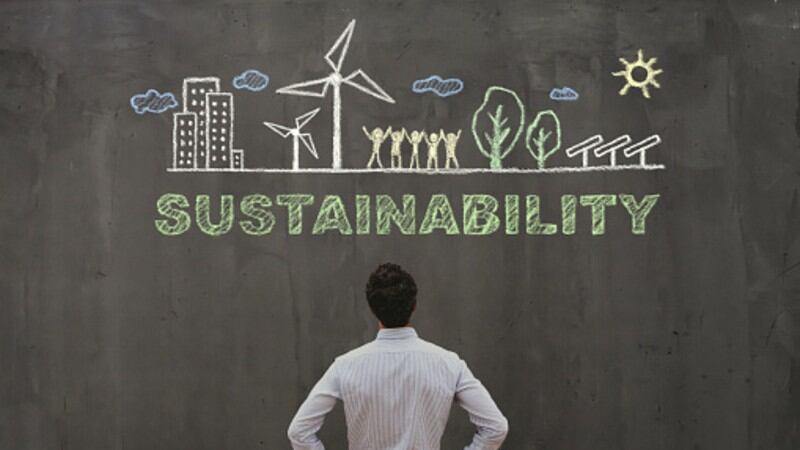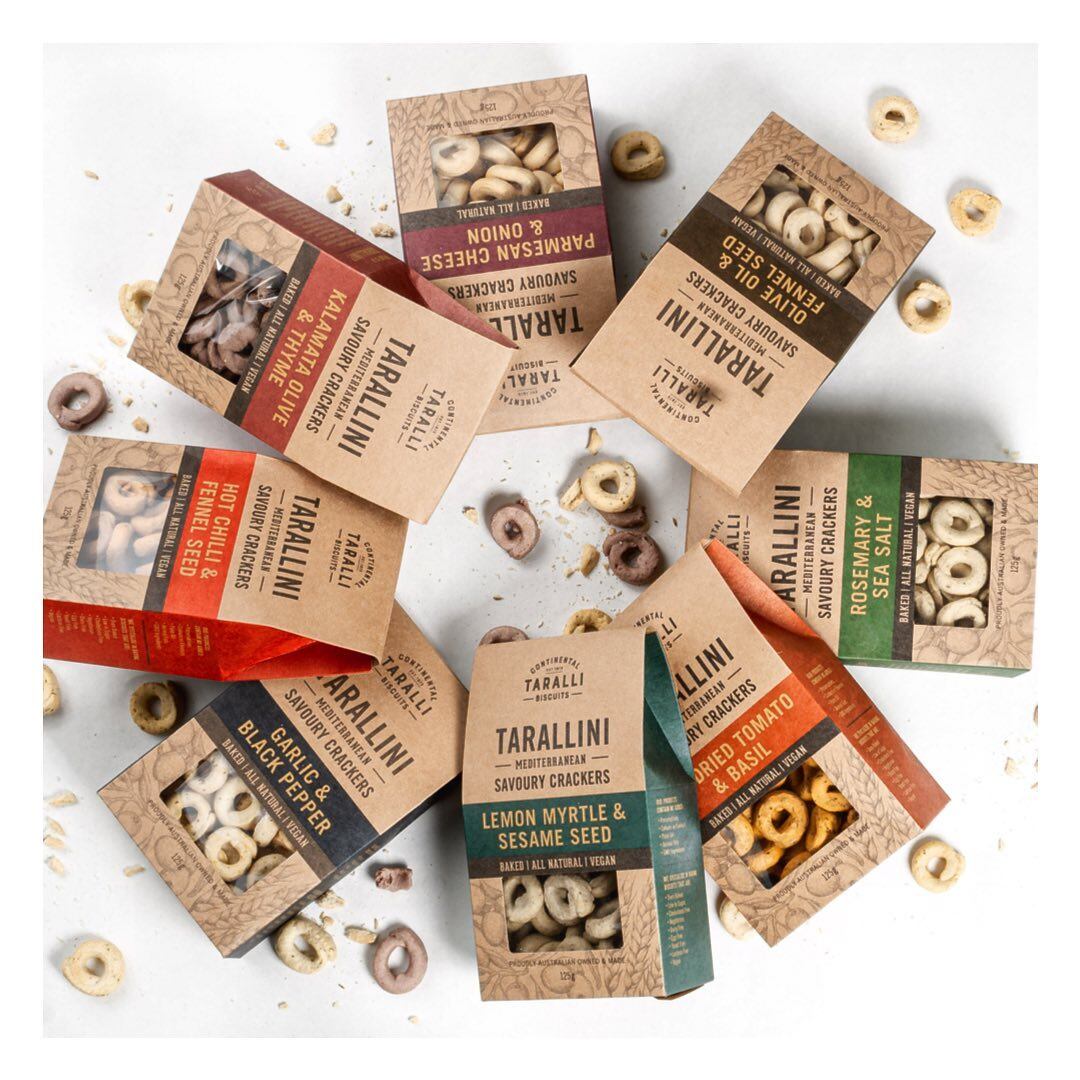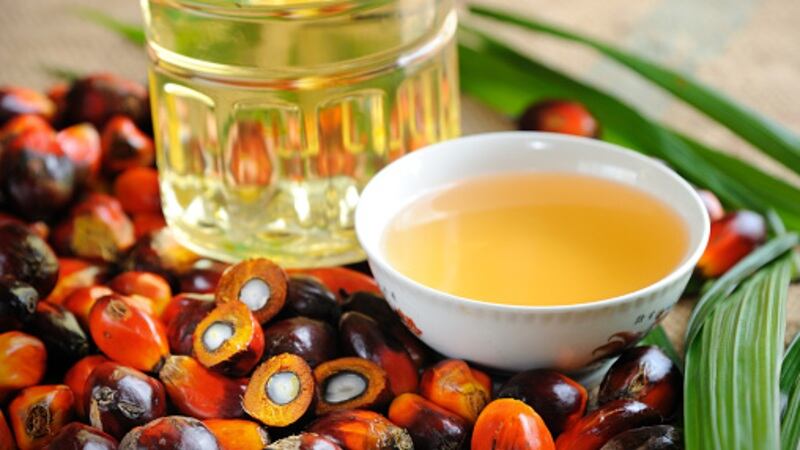Digitalising palm oil sustainability: AI and satellite imaging identified as crucial technology – Malaysian industry
The Malaysian palm oil industry has highlighted artificial intelligence (AI) and satellite imaging as crucial technologies to be integrated into the sector to aid sustainability and secure the industry’s future.
Malaysia is the second largest producer of palm oil globally, and over the past few years has been engaged in a fierce debate with western markets such as the European Union which dispute its sustainability claims.
As such, the prospect of being able to prove these sustainable practices using technology is undoubtedly a very appealing one for Malaysia, in addition to potentially being able to reduce the sector’s near-crippling dependence on manual, foreign labour for productivity.
“Palm oil is a very important industry for Malaysia valued at some US$20bn, but over the years we have become very labour dependent, especially on foreign workers,” MPOC Science, Environment and Sustainability Division Director Dr Ruslan Abdullah told FoodNavigator-Asia.
Spreading recycling: Mondelez looks to bring Cadbury’s recycled packaging tech to more APAC markets beyond Australia
Mondelez believes that the recycled packaging technology recently rolled out for Cadbury Dairy Milk in Australia will be able to deliver sustainable packaging options for more markets in the Asia Pacific region in the coming years.
Mondelez recently announced that Cadbury Dairy Milk blocks in Australia would be transitioning to using recycled packaging made from used soft plastic, a world-first for the brand.
“The recycled packaging will be used across the Cadbury Dairy Milk family blocks range, with the recycled content equivalent to over 30% of the total packaging material for these products,” Mondelez President Australia, New Zealand and Japan Darren O’Brien told FoodNavigator-Asia.
Insufficient speed and scale: Why nutrition shortcomings put United Nations’ 2030 sustainability goals at risk
The Food and Agriculture Organization of the United Nations (FAO) has highlighted that nutrition has emerged as one of the most pressing post-COVID-19 challenges to overcome for member nations to hit the 2030 Agenda for Sustainable Development.
The 2030 Agenda was agreed upon by all UN member nations back in 2015, where the now-widely accepted 17 Sustainable Development Goals (SDGs) were charted. Six years on, the FAO believes that progress is being made, but not quite fast enough, particularly when it comes to addressing nutrition issues.
“Today, progress is being made in many places, but, overall, action to meet the [SDGs] is not yet advancing at the speed or scale required,” said the FAO during the launch of its latest 10-year strategic framework, to be implemented from 2022 to 2031.
Sustainability claims: Cargill highlights rising importance of sustainable palm oil on the back of Malaysian investment
Food ingredients giant Cargill has stressed the rising importance of sustainability claims, especially around palm oil, as it detailed how its latest investment in Malaysia can help manufacturers meet the latest consumer demands.
Cargill has a large specialty fats business, and a large part of this US$35mn investment to expand its production facility in Port Klang, Malaysia will revolve around new equipment installation such as dry palm fractionation to produce specialty fats for chocolates, bakery, spreads and more; as well as upgrading of its local R&D centre and laboratory equipment.
“Asia Pacific is the fastest growing market for specialty fats, making our Port Klang facility ideally situated to supply finished specialty fats to customers throughout the Asia Pacific region [particularly] key markets for specialty fats including Malaysia, Singapore, Vietnam, Korea, and Japan,” Cargill Malaysia edible oils business Regional Strategy and Innovation Leader Jonathan Yeo told FoodNavigator-Asia.
HAPPIEE! days: Singapore’s Growthwell Foods introduces latest brand to region’s booming plant-based sector
Singapore plant-based meat and seafood manufacturer Growthwell Foods has launched its latest consumer brand HAPPIEE!, which will be produced at a newly established innovation, R&D and manufacturing centre.
Set to launch in December, HAPPIEE! is a plant-based brand consisting of a four SKUs under the soy-based chicken range such as nuggets and patties, and two SKUs comprising sticks and patties in the konjac-based fish range.
“People want familiarity, so it might be easier for Asian consumers to try a plant-based curry then say maybe a burger,” Manuel Bossi, deputy CEO at Growthwell Foods said.





